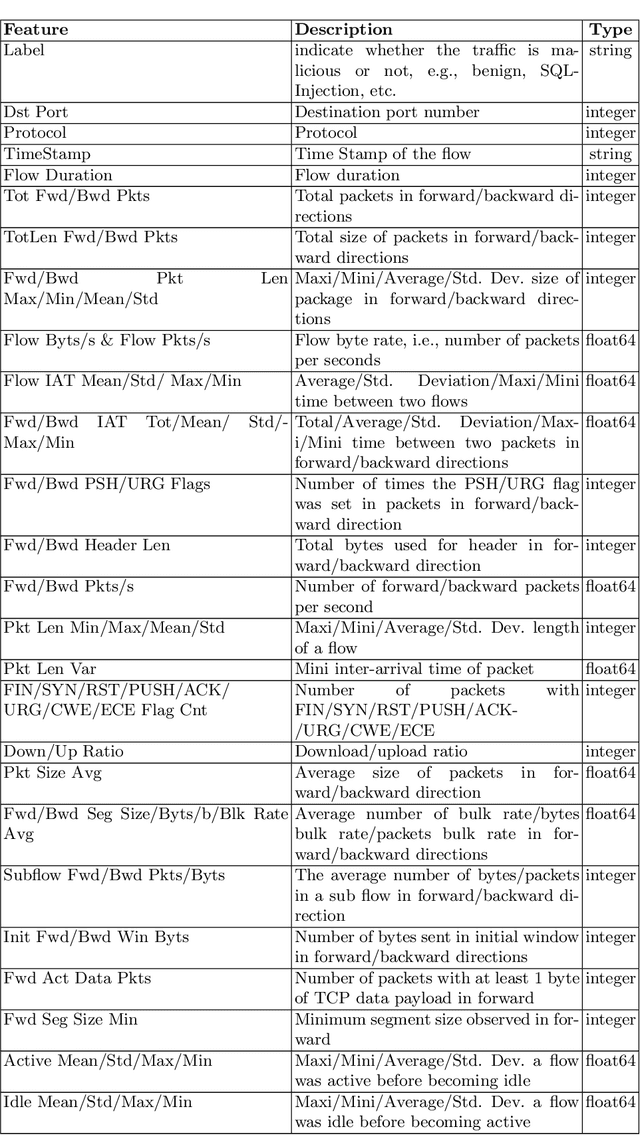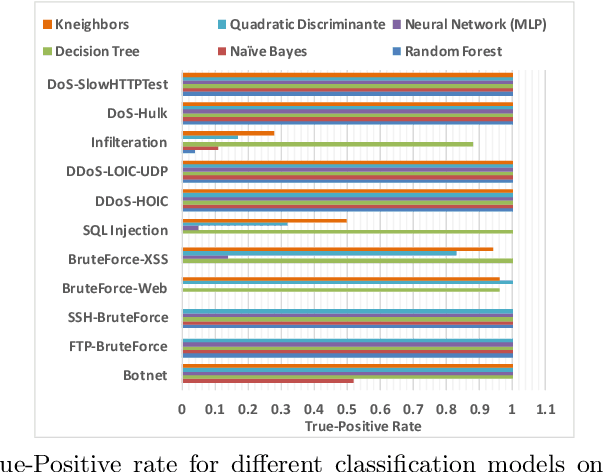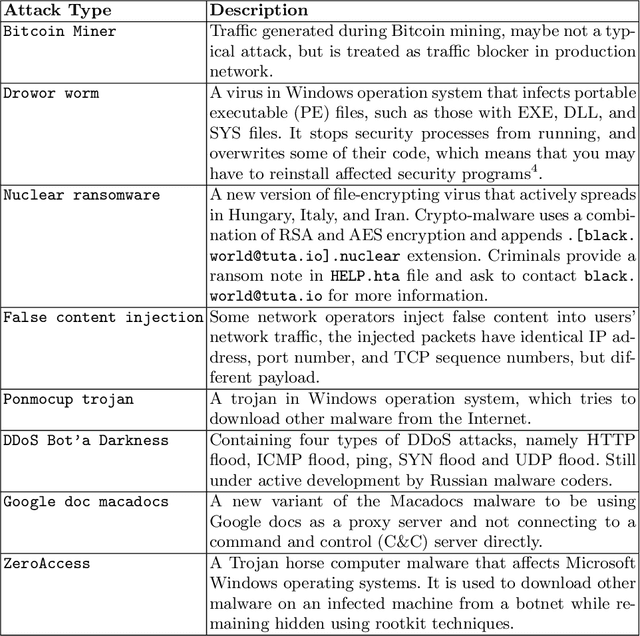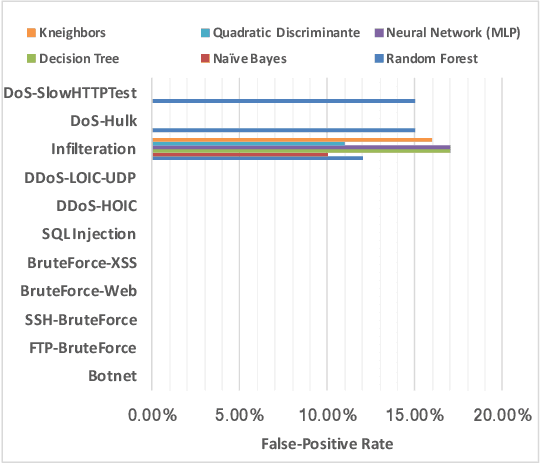Dimitrios Pezaros
Personalizing Low-Rank Bayesian Neural Networks Via Federated Learning
Oct 18, 2024



Abstract:To support real-world decision-making, it is crucial for models to be well-calibrated, i.e., to assign reliable confidence estimates to their predictions. Uncertainty quantification is particularly important in personalized federated learning (PFL), as participating clients typically have small local datasets, making it difficult to unambiguously determine optimal model parameters. Bayesian PFL (BPFL) methods can potentially enhance calibration, but they often come with considerable computational and memory requirements due to the need to track the variances of all the individual model parameters. Furthermore, different clients may exhibit heterogeneous uncertainty levels owing to varying local dataset sizes and distributions. To address these challenges, we propose LR-BPFL, a novel BPFL method that learns a global deterministic model along with personalized low-rank Bayesian corrections. To tailor the local model to each client's inherent uncertainty level, LR-BPFL incorporates an adaptive rank selection mechanism. We evaluate LR-BPFL across a variety of datasets, demonstrating its advantages in terms of calibration, accuracy, as well as computational and memory requirements.
Evaluation of Machine Learning Classifiers for Zero-Day Intrusion Detection -- An Analysis on CIC-AWS-2018 dataset
May 09, 2019



Abstract:Detecting Zero-Day intrusions has been the goal of Cybersecurity, especially intrusion detection for a long time. Machine learning is believed to be the promising methodology to solve that problem, numerous models have been proposed but a practical solution is still yet to come, mainly due to the limitation caused by the out-of-date open datasets available. In this paper, we take a deep inspection of the flow-based statistical data generated by CICFlowMeter, with six most popular machine learning classification models for Zero-Day attacks detection. The training dataset CIC-AWS-2018 Dataset contains fourteen types of intrusions, while the testing datasets contains eight different types of attacks. The six classification models are evaluated and cross validated on CIC-AWS-2018 Dataset for their accuracy in terms of false-positive rate, true-positive rate, and time overhead. Testing dataset, including eight novel (or Zero-Day) real-life attacks and benign traffic flows collected in real research production network are used to test the performance of the chosen decision tree classifier. Promising results are received with the accuracy as high as 100% and reasonable time overhead. We argue that with the statistical data collected from CICFlowMeter, simple machine learning models such as the decision tree classification could be able to take charge in detecting Zero-Day attacks.
 Add to Chrome
Add to Chrome Add to Firefox
Add to Firefox Add to Edge
Add to Edge